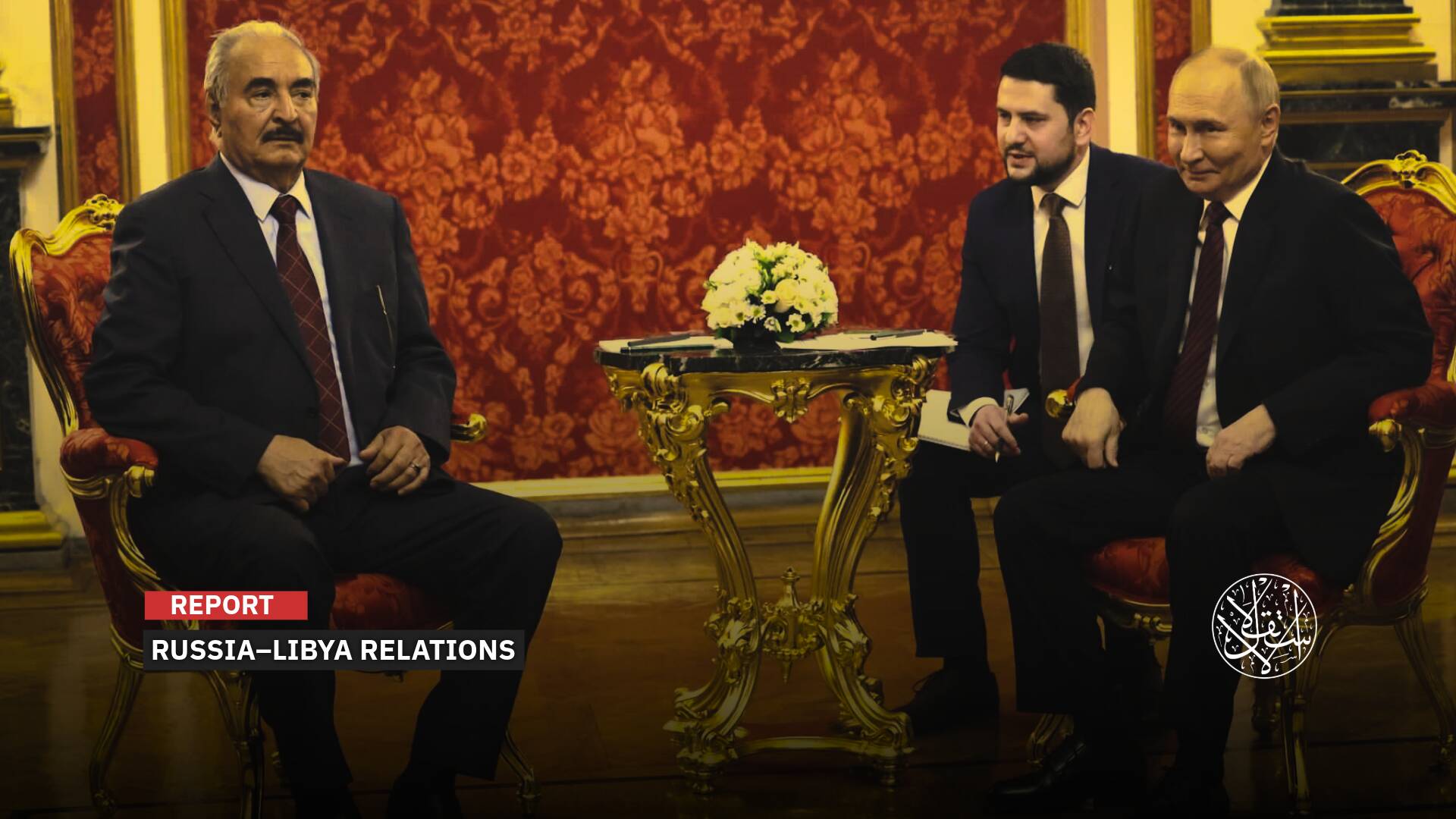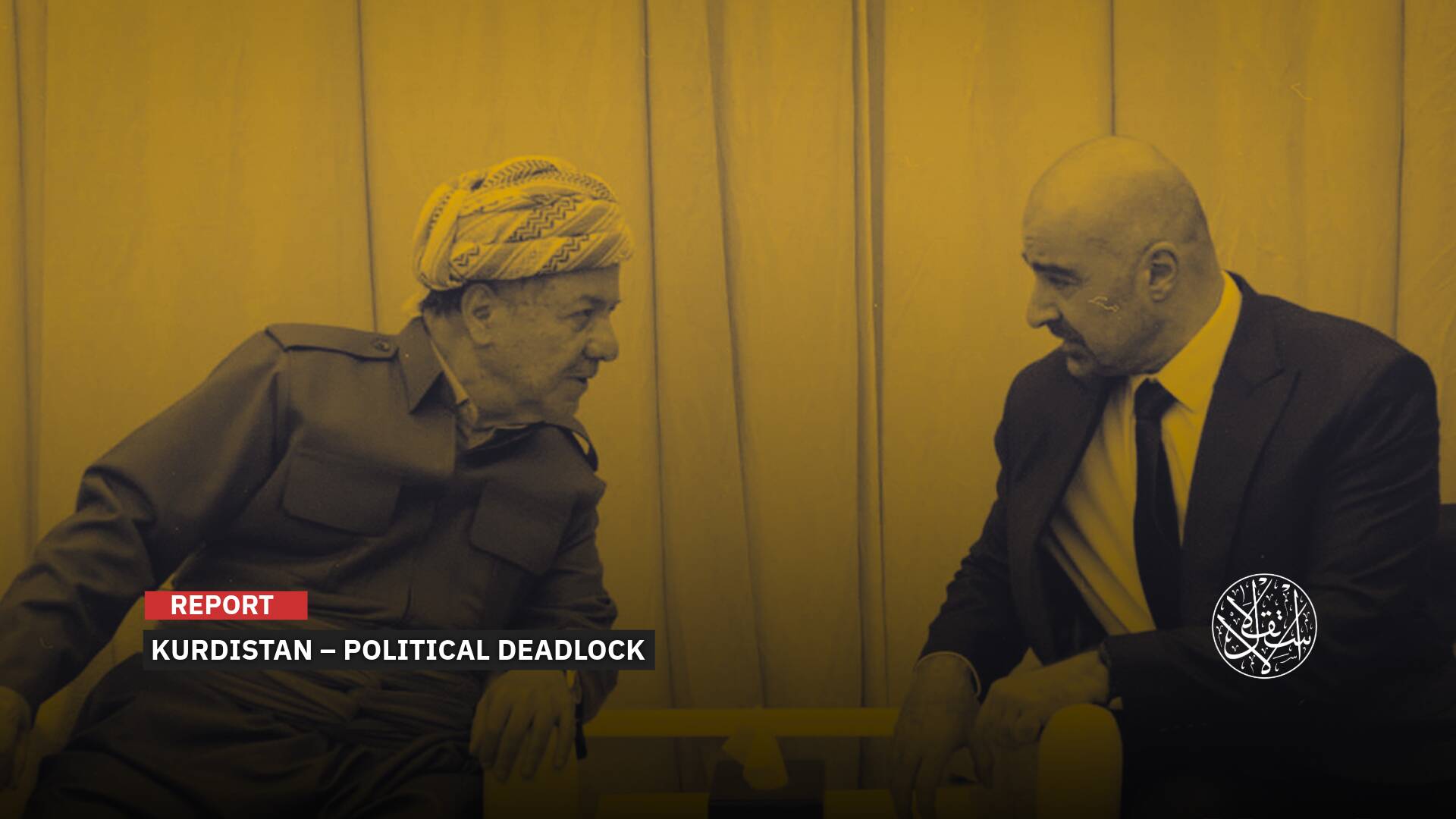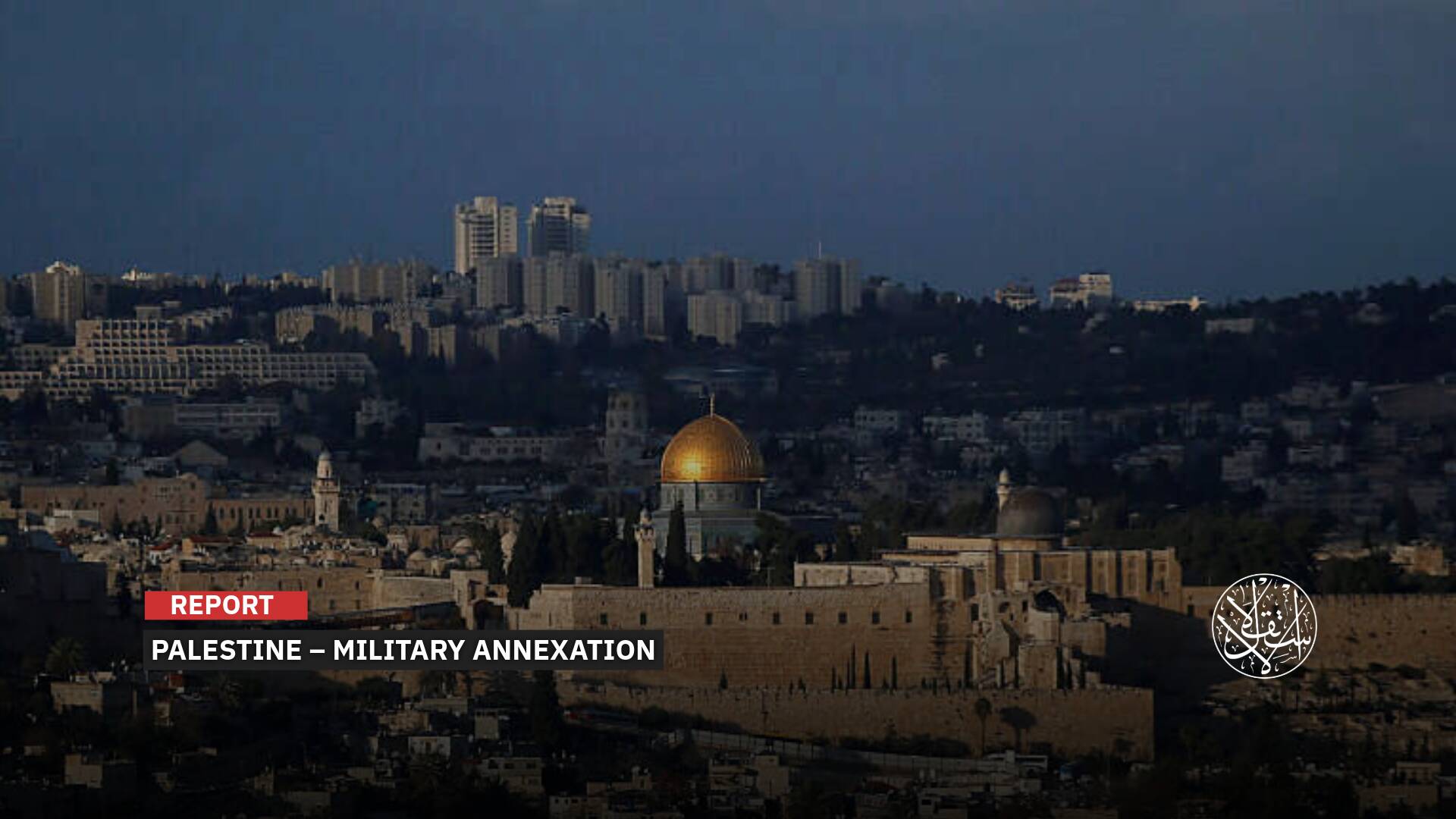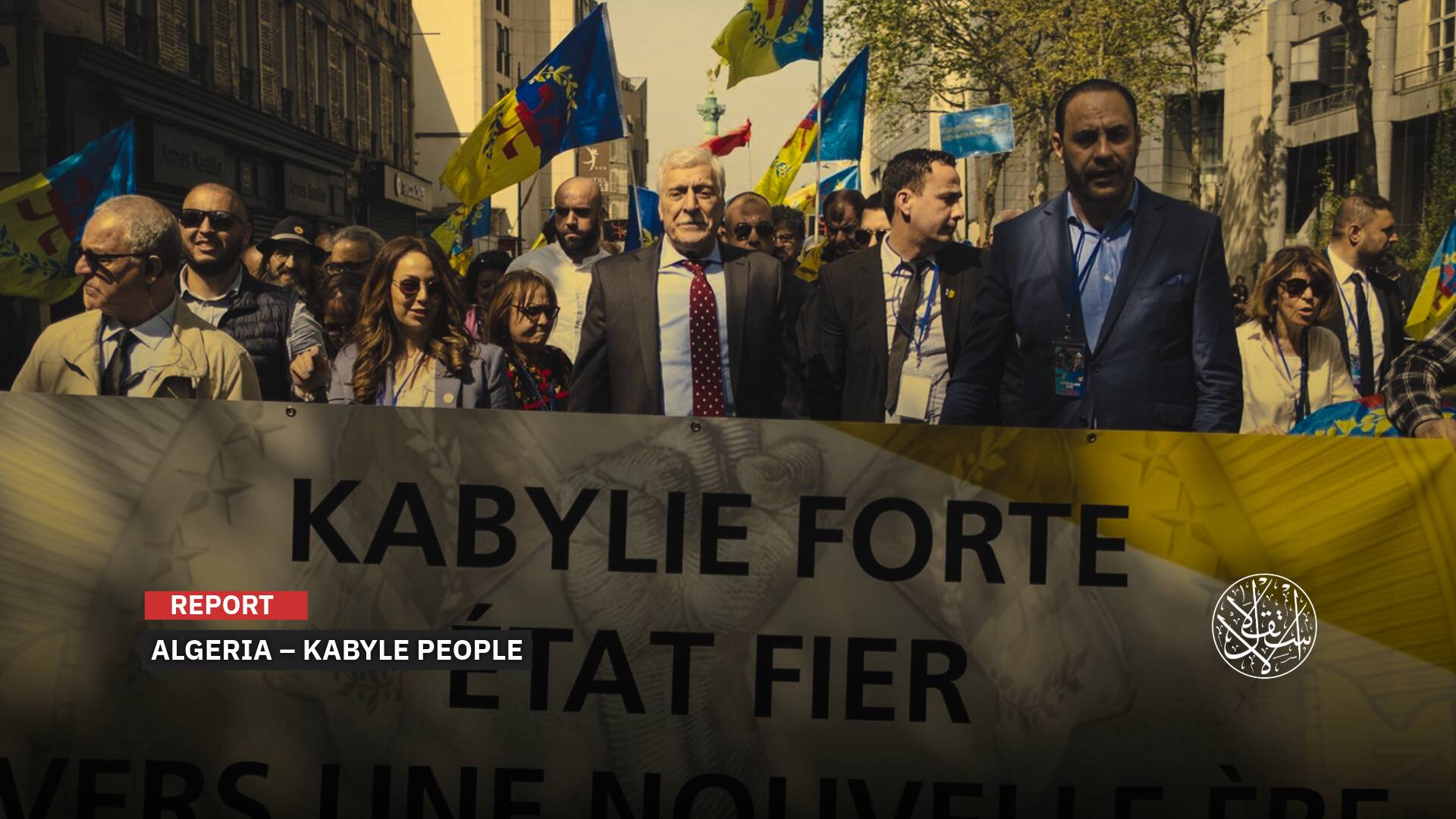First Mali and Now Burkina Faso, How Did France Lose its Old Colonies to Russia?

On September 9, Burkina Faso's military announced a seizure of power under the pretext of policing the country.
In a statement read out by army officers on state television RTP announced the temporary dissolution of the government of President Paul-Henri Sandaogo Damiba; Captain Ibrahim Traore is the country's new president.
The officers announced the suspension of the constitution, the closure of border crossings, and the dissolution of the government until further notice.
The seizure of power coincided with hundreds of supporters of the army's move, waving Russian flags and rejecting what they called the "French occupation" of their country.
In January, Colonel Paul-Henri Damiba turned against President Roch Kabore for allegedly failing to contain extremist violence in the country.
The then coup leader vowed to restore security, but the attacks worsened, leading to a decline in morale among the armed forces, AFP reported.
It marks the military's sixth seizure of power in just over two years in West and Central Africa, a region that has made great strides over the past decade to give up its reputation as a "coup belt."
Angry citizens of Burkina Faso attacked the french embassy in Burkina Faso. The greatness of France was built on the eternal exploitation of Africa. The likes of Aisha Yesufu and Rinu would have defended France if they were from Burkina Faso. pic.twitter.com/oLNk5Ti3Ko
— Aare Kurunmi Kakanfo (@AareKurunmi) October 2, 2022
'DeFrancization'
The coup attempt in Burkina Faso further underscores the shrinking French influence in West Africa, particularly in favor of Russia, which is trying to ride a wave of hostility to Paris from the public.
The scene in the country looks hazy after the ousted head of the military council refused to relinquish power, but anti-French tendencies are neither new nor random and are gaining increasing momentum, while the activity of jihadist groups in the Sahel is expanding and expanding towards the Gulf of Guinea.
Ivan Guichaoua, an expert on the region at the University of Kent in Brussels, said on Saturday in a press statement that "the military are listing their step very clearly within the polarization between Russia and France."
"It is amazing to see the military announcing their enthusiasm so quickly for their strategic partner. We imagined that they would take power first and then escalate the situation."
The expert put forward two hypotheses: "Either the work with the Russians was their project from the beginning, and therefore we are facing a carefully studied plan for destabilization, or they opportunistically exploit the French/Russian polarization to rally support for their faltering project."
The French embassy in Ouagadougou was attacked Saturday, and Sunday saw protective barriers set on fire and stoned, the harshest slap to Paris because it is part of a dangerous tendency.

First Mali
In neighboring Mali, France deployed the anti-jihadist Barkhane force for nine years to combat groups affiliated with al-Qaeda and the Islamic State before the country witnessed two coups in 2020 that brought to power hostile military personnel, leading President Emmanuel Macron to announce the withdrawal of French troops and their redeployment to other countries in the region.
But in recent months, Mali's military junta has announced, in what it said was a response to French "violations" in its country, that it had terminated all defense agreements that bind it with France, in a move that ended decades of Paris' influence within its old colony.
Malian government spokesman Colonel Abdoulaye Maiga said at the time that the government had canceled all agreements setting a legal framework for the presence of France's Barkhane and European Takuba forces in Mali, as well as the 2014 defense cooperation agreement between Mali and France.
He explained the decision that the Malian government "has been seeing for some time a significant deterioration in military cooperation with France."
In particular, Maiga referred to France's "unilateral behavior" when it suspended joint operations between French and Malian forces in June 2021 and announced in February 2022, "without any consultation with the financial side," the withdrawal of the Barkhane and Takuba forces from that country, and the "many violations" by French aircraft of Malian airspace despite the closure by Malian authorities of airspace over much of the country's territory.
The French Foreign Ministry responded, in the words of its spokesman, that "France considers this decision unjustified," denying any accusations of "violations" brought against it by the Malian authorities.
The Malian decision was the final bullet for the French presence in Mali, which, since the May 2021 coup, has been rolling towards the total loss of its influence within the African country.
In return, Paris is losing those territories to Moscow, which has played a major role in this region and continues to intensify its movements on the ground through the Wagner Group or politically in the Security Council in order to establish an alternative presence there.
In parallel, elements of the Russian private mercenary group Wagner have spread to Mali, which has already been talking about hiring "trainers from Russia." Since then, Moscow's influence in Bamako has increased, particularly through social media and Russian media.

Russia's Foothold
A recent report by the French Ministry of Defense's Institute of Strategic Research spoke of "the spread of misleading content online, often aimed at distorting the French presence and justifying Russia's presence."
He also pointed to the prevalence of this phenomenon in the neighboring country. "The land of honest men (Burkina Faso) is today one of the African countries targeted by Wagner," he said. The report pointed to the significant increase in the number of readers of the French versions of the Russian media sites RT and Sputnik within one year.
Beyond the Sahel, France's influence in West Africa, once its "backyard," is also declining.
"The demand for democracy puts us at odds with the regimes that are in the process of backing down in this regard and do not hesitate to point out to competitors who do not associate their support with any internal criterion," the French report added, referring in particular to the "Russian offer."
Besides Russia's rising presence on the street and popular movements, there have always been official positions in favor of strengthening relations with Russia.
For example, in 2018, the two countries signed an agreement paving the way for Burkina Faso's military and security forces to receive "technical support" from Russia, as well as the launch of a program of military and intelligence training supervised by the Russian military personnel, but more importantly, the agreement signed more than 4 years ago hinted at the possibility of Burkina Faso obtaining Russian "military equipment and weapons."
The agreement remained ineffective until the January coup when voices within the military began calling for its activation and enhanced cooperation with Russia as part of what they called "diversifying partnerships" in order to find effective solutions in the face of the threat of terrorism.
But it seems that Colonel Paul-Henri Damiba, who was appointed president by the military, was not enthusiastic about this rapid transformation.
Damiba met a week ago with Russian Foreign Minister Sergei Lavrov on the sidelines of the United Nations General Assembly in New York, and the Presidency of Burkina Faso announced that the meeting was devoted to discussing mechanisms to enhance cooperation between the two countries, a cooperation that the presidency said is "old, dating back more than 50 years, and today the two countries seek to strengthen it in order to meet the challenges of the present moment."
Burkina Faso's foreign minister, who attended the talks, even said in a press statement: "Now, we have a great desire to strengthen this cooperation and to take it to a level that is profitable for both countries."
It was clear in statements by Burkina Faso officials in recent months that there was a new strategy based on the search for new partners in the war on terror after the growing popular resentment against the French, and Russia was ready to be this new partner.












